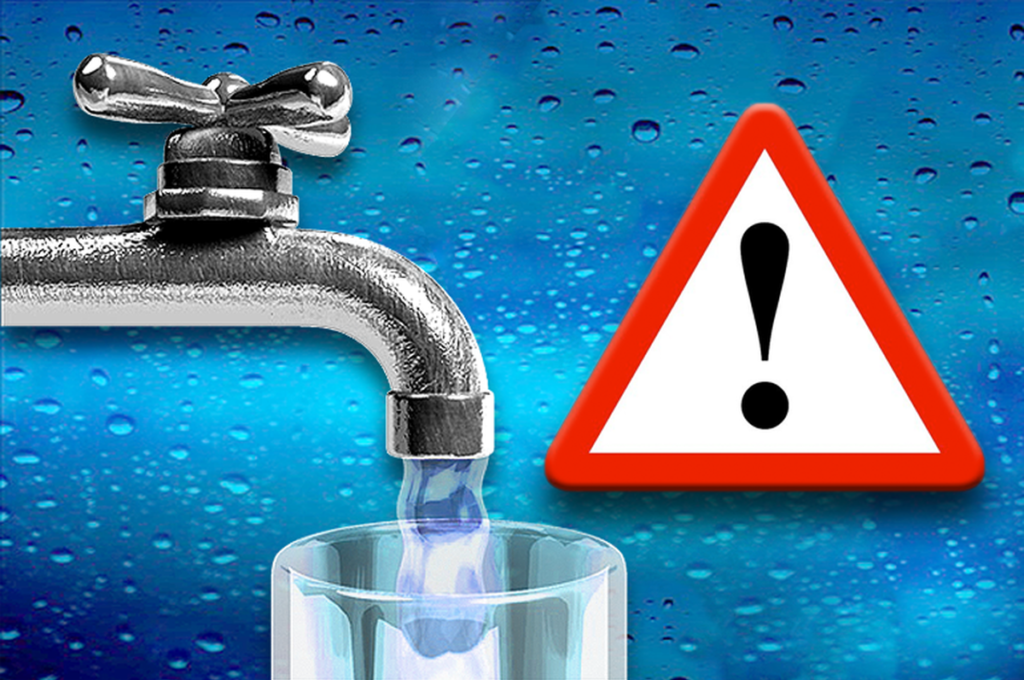Camp Lejeune – Contaminated Water – Presumptive Illnesses

According to the Agency for Toxic Substances and Disease Registry, “as many as one million military and civilian staff and their families might have been exposed to the contaminated drinking water” at Camp Lejeune from the early 1950s to late 1980s.
Here are some descriptions and symptoms (reported by MayoClinic.org) of the eight presumptive illnesses caused by the toxic water at Camp Lejeune:
1. Adult leukemia: cancer of the body’s blood-forming tissues, and this includes bone marrow and the lymphatic system. People with leukemia have bone marrow that over-produces too many abnormal white blood cells that cannot function properly. Symptoms include:
- Fever or chills
- Persistent fatigue/weakness
- Frequent or severe infections
- Weight loss
- Swollen lymph nodes, enlarged liver or spleen
- Easy bleeding or bruising
- Recurrent nosebleeds
- Tiny red spots in your skin (petechiae)
- Excessive sweating, especially at night
- Bone pain or tenderness
2. Aplastic anemia and other myelodysplastic syndromes: a group of disorders that result from something defective in the spongy material inside bone marrow where blood cells are made, causing blood cells to not form or work properly. It is common to not experience symptoms right away, but in time, myelodysplastic syndromes might cause:
- Fatigue
- Shortness of breath
- Unusual paleness (pallor), caused by a low red blood cell count (anemia)
- Easy or unusual bruising or bleeding, caused by a low blood platelet count (thrombocytopenia)
- Pinpoint-sized red spots just beneath the skin that are caused by bleeding (petechiae)
- Frequent infections, caused by a low white blood cell count (leukopenia)
3. Bladder cancer: a common type of cancer that most often begins in the urothelial cells that make up the inner lining of your bladder. Bladder cancers can reoccur frequently, even after successful treatment so people with this diagnosis often undergo years of follow-up testing. Symptoms of bladder cancer include:
- Blood in urine (hematuria), which can cause urine to appear bright red or cola colored (sometimes the urine appears normal, but blood is detectable on a lab test)
- Frequent urination
- Painful urination
- Back pain
4. Kidney cancer: the abnormal growth of cells in the kidney tissue. Symptoms include:
- Blood in your urine, which may appear pink, red, or cola colored
- Pain in your back or side that is constant
- Loss of appetite
- Unexplained weight loss
- Tiredness
- Fever
5. Liver cancer: the abnormal growth of cells that begins in your liver. There are several types of liver cancer and the most common type is hepatocellular carcinoma, which begins in hepatocytes, the main type of liver cell. It is rare to have symptoms in early stages of primary liver cancer, but when symptoms do finally appear, they include:
- Unexplained weight loss
- Loss of appetite
- Upper abdominal pain
- Nausea and vomiting
- General weakness and fatigue
- Abdominal swelling
- Yellow discoloration of your skin and the whites of your eyes (jaundice)
- White, chalky stools
6. Multiple myeloma: cancer that forms in plasma cells (type of white blood cell), overpowering healthy blood cells in the bone marrow that help fight infections by producing antibodies. There may not be symptoms in early stages of multiple myeloma and symptoms can vary, but symptoms can include:
- Bone pain, especially in your spine or chest
- Nausea
- Constipation
- Loss of appetite
- Mental fogginess or confusion
- Fatigue
- Frequent infections
- Weight loss
- Weakness or numbness in your legs
- Excessive thirst
7. Non-Hodgkin’s lymphoma: cancer that begins in your lymphatic system, causing lymphocytes (white blood cells) to grow abnormally and can even form tumors throughout the body.
- Swollen lymph nodes in your neck, armpits or groin
- Abdominal pain or swelling
- Chest pain, coughing or trouble breathing
- Persistent fatigue
- Fever
- Night sweats
- Unexplained weight loss
8. Parkinson’s disease: a progressive disorder, meaning the symptoms start slowly and worsen over time. This disease is incurable and affects the nervous system and parts of the body that are controlled by nerves. Tremors are a common symptom, especially in early stages but early signs can be mild and go unnoticed. Although, symptoms vary for everyone and often begin on one side of the body. The main symptoms are:
- Tremors
- Slowed movement (bradykinesia)
- Rigid muscles/ stiffness
- Impaired posture and balance
- Loss of automatic movements (decreased ability to perform unconscious movements, including blinking, smiling, or swinging your arms when you walk)
- Speech changes
- Writing changes (it may become hard to write)
If you, your loved one, or one of your family members lived or worked for a minimum of thirty days at Camp Lejeune between August 1953 and December 1987 and have been diagnosed with any of the presumptive illnesses referenced above, you may be eligible to recover under the pending Camp Lejeune Contaminated Water Lawsuit. Please call us at 910-793-9000 for a free confidential consultation.
By Bryanna Gordon, Legal Assistant
